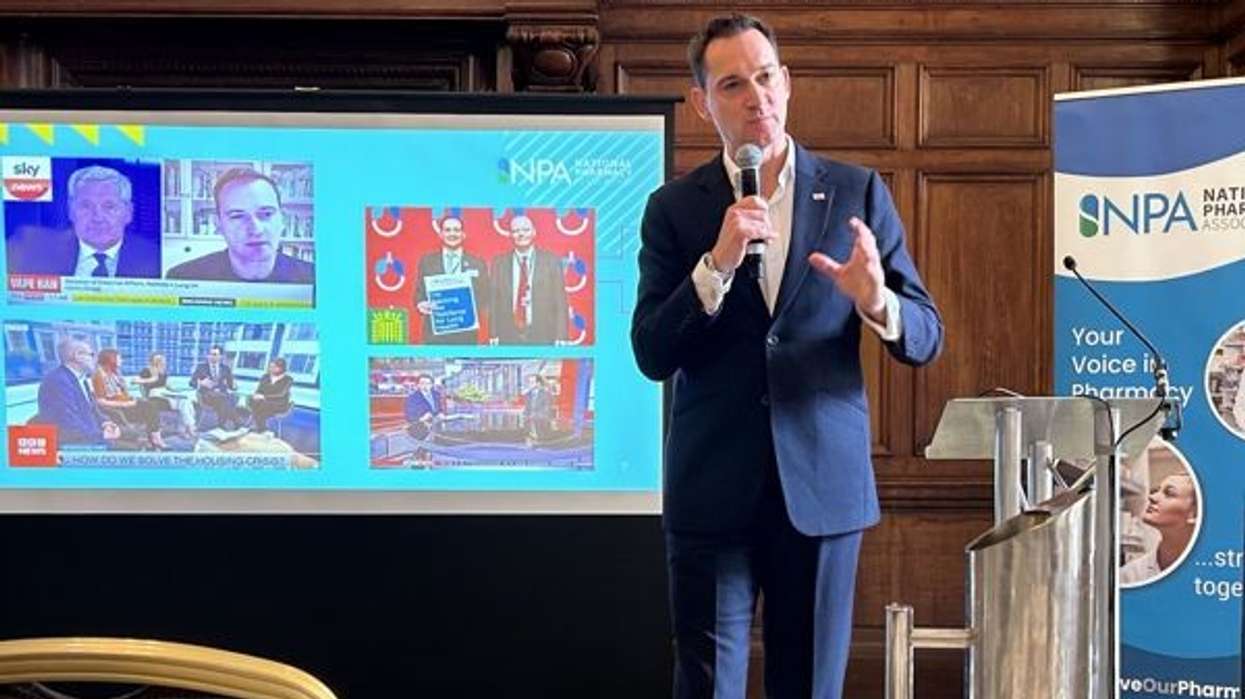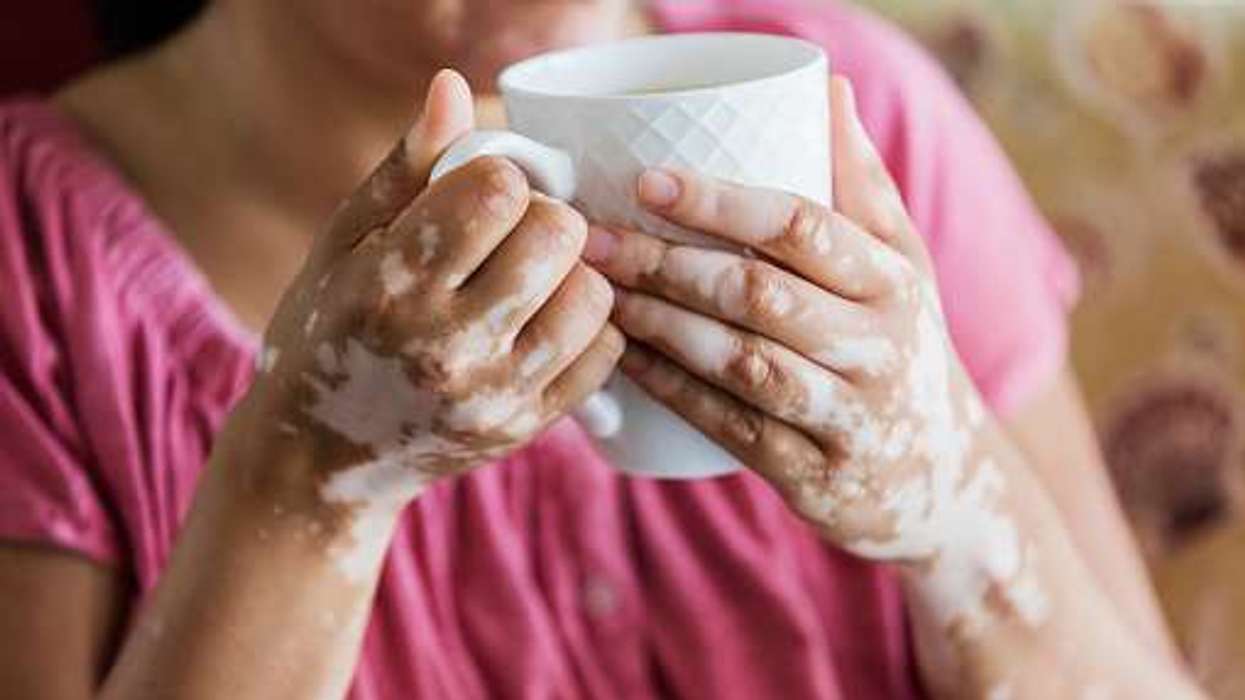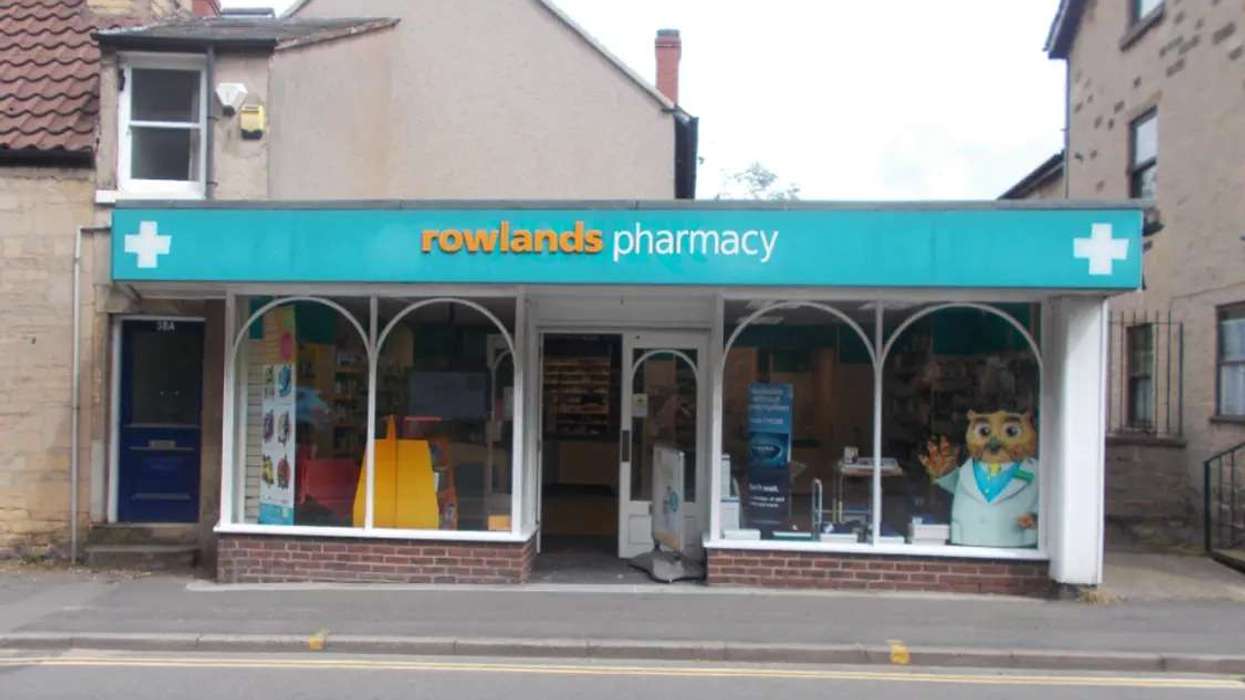School children will now be taught how to report side effects of medicines via the Yellow Card scheme as part of the Relationships, Sex and Health Education (RSHE) statutory guidance.
The Yellow Card scheme is the UK’s system for reporting suspected side effects to medicines, medical devices, and other healthcare products.
The Medicines and Healthcare products Regulatory Agency (MHRA) in partnership with the Department for Education (DfE) has accommodated it in the RSHE curriculum.
The content covers aspects like what is a side effect, and why it is important to report problems with medicines.
It also covers how to submit a Yellow Card report and the scheme was kickstarted on World Patient Safety Day (17 September).
Young people are guided to seek support from a parent, carer, teacher, or healthcare professional if they’re worried about a possible side effect.
The statutory guidance applies to all schools in England and can be accessed via the Department for Education website.
The Yellow Card scheme is managed by the MHRA, and it plays a crucial role in monitoring product safety and taking action to minimise risks.
Patient safety minister Zubir Ahmed said, “This government is helping the children of today to be part of the healthiest generation ever. From getting children exercising and banning junk food ads near schools, to empowering them to take control of their own health.
“By embedding education about the safety of medicines into the school curriculum, we’re giving young people the knowledge and tools they need to protect themselves and their loved ones from preventable harm. On World Patient Safety Day, this is just one of the ways we’re putting patient voice at the heart of healthcare for all ages.”












